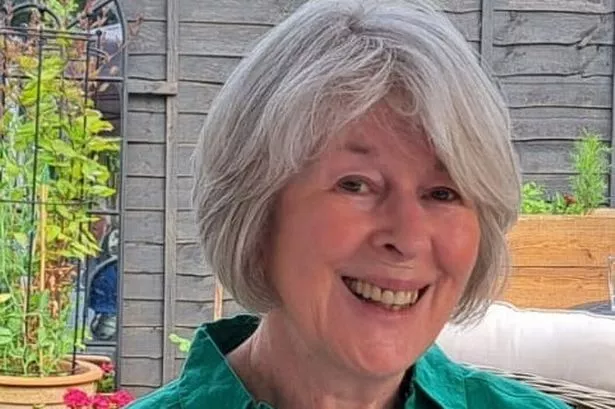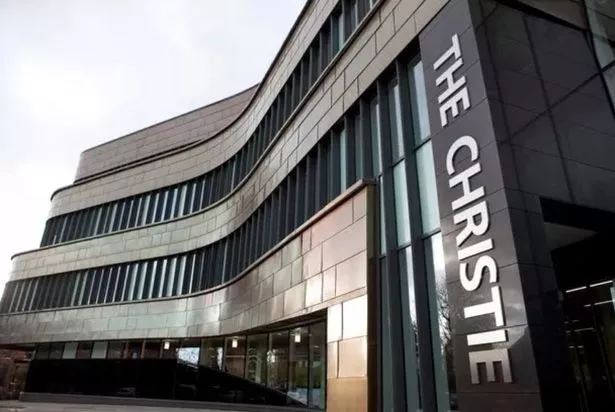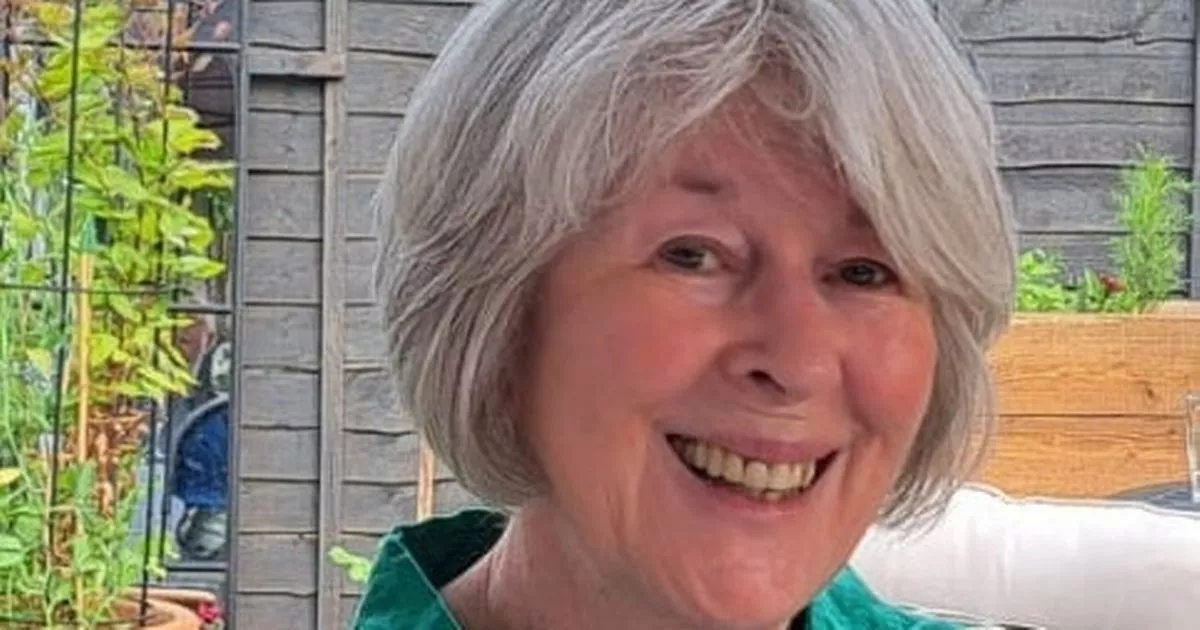SCC is the second most common form of non-melanoma skin cancer, with at least 50,000 cases diagnosed in the UK every year, and numbers are rising by five per cent annually. (Image: The Christie)
(Image: The Christie)
“I had never been one to lie out in the sun and didn’t go on hot summer holidays.”
Grandma-of-six, Pauline Short, was stunned to find out that a small growth on her arm was hiding a much more sinister diagnosis.
Tests revealed Pauline had high-risk squamous cell carcinoma (SCC).
SCC is the second most common form of non-melanoma skin cancer, with at least 50,000 cases diagnosed in the UK every year, and numbers are rising by five per cent annually.
Never miss a story with the MEN’s daily Catch Up newsletter – get it in your inbox by signing up here
She first noticed the lump last year. After it became painful, Pauline’s husband urged her to see a dermatologist just before Christmas 2024.
She had surgery to remove the lump in January 2025. The surgeon referred her to the world-renowned cancer hospital, The Christie, to see if she could join a clinical study that might offer radiotherapy after surgery.
The mum-of-five, from Sale, has now become the first person to receive radiotherapy as part of a new national clinical study at The Christie.
The study, called SCC-AFTER, is investigating whether adding radiotherapy after surgery can reduce the risk of SCC returning.
The study is co-led by Professor Agata Rembielak at The Christie and Professor Catherine Harwood at Barts Health NHS Trust in London.
Professor Rembielak said: “We are delighted to have recruited our first patient, Pauline, to SCC-AFTER here at The Christie. This is an important trial which will provide vital evidence as to whether radiotherapy should be used after surgery to reduce the chances of skin cancer returning.
“Current practice is inconsistent. Some patients are offered radiotherapy, while others are monitored closely. By comparing these two approaches in a structured study, we can gather the evidence we need to guide treatment in the future.”
 The Christie in Withington(Image: MEN MEDIA)
The Christie in Withington(Image: MEN MEDIA)
In March, Pauline was accepted onto the SCC-AFTER trial.
“It was a relief when I found out I was eligible to join the trial,” she said. “I was very pleased to have that opportunity, for myself, my family, and to help others.”
Pauline received ten sessions of radiotherapy in April and May. She described the treatment as “straightforward, causing only minor skin irritation.”
“The staff were very kind, well organised and thorough,” she added. “The trials team talked me through everything and answered all my questions before we started, which put my mind at ease.
“My specialist nurse was very attentive, with regular telephone calls to check how I was.”
Three months later, she is recovering well. “It’s very reassuring that I will be followed up regularly for the next three years,” she said.
“Participating in research feels like the right thing to do,” she added.
“Although I was allocated to the radiotherapy part of the trial, I would have been totally comfortable in the close follow-up group, as studies like this are the best way for researchers to understand the most effective ways to treat cancer.”
The experience has made Pauline more sun-aware. She now uses factor 50 sun protection and wears a hat in the garden.
Pauline, who enjoys gardening and crosswords, is looking forward to a family holiday at Center Parcs in October.
The trial aims to recruit 100 patients by the end of 2025 and 840 across 25 hospitals over the next four years, making it one of the largest non-melanoma skin cancer studies in the world.
Join the Manchester Evening News WhatsApp group HERE
Currently, many hospitals use radiotherapy after surgery for high-risk SCC, but it has never been proven to prevent recurrence.
Radiotherapy can also cause side effects such as skin inflammation and discolouration. The study will compare radiotherapy with monitoring alone to see if it makes a difference.
All patients are followed for three years. Pauline was randomly assigned to the radiotherapy part of the study.
Professor Rembielak said: “We want the SCC-AFTER trial to be as inclusive as possible, so its findings are relevant and useful for everyone affected by high-risk skin cancer.”
If the trial shows radiotherapy is effective, it could become standard NHS practice. If not, researchers may recommend stopping its use to avoid unnecessary side effects. The study is also assessing survival, quality of life and cost-effectiveness.
